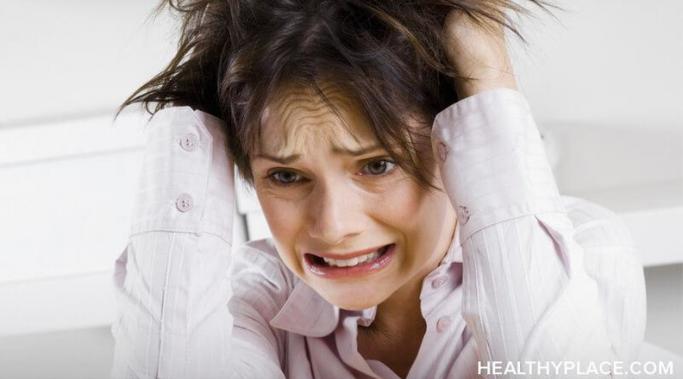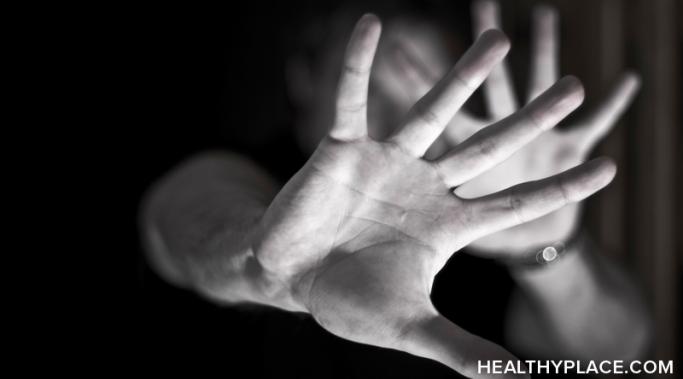Blogs
Most, including myself, would argue that, particularly without treatment, bipolar disorder is a decrease in functioning. Untreated depression and mania disrupt every part of a life in negative ways – that’s what drives people to get treatment in the first place.
But if bipolar disorder is an illness and is a decrease in functioning, why hasn’t evolution naturally selected out bipolar disorder? Why do we still see bipolar disorder today?
People with ADHD are often eager to explore all the possibilities of better managing their ADHD challenges. Even though studies show that medication is up to 70-80% effective in reducing the core symptoms of ADHD (inattention, impulsivity and distractibility), there is no “magic pill” that alleviates all the struggles or cures ADHD. The impact of ADHD is 24 hours a day, 7 days a week and most ADHD medications wear off within 4-12 hours. That leaves many hours in the day that often require alternative ways of coping with and managing ADHD symptoms.
Ongoing Problems Lead to a Second Inpatient Hospitalization
My recent posts have described my experiences with Bob and inpatient psychiatric treatment. I'm not sure why I'm revisiting that experience now, other than Bob's currently doing relatively well and I don't think I've previously detailed his hospitalizations here. Reading my own words, I'm amazed at how far we've come--and worried about the future.
There are positive and negative coping skills you can use when you're stressed. As a person with borderline personality disorder (BPD), I have to work especially hard to use the positive coping skills. The negative coping skills, such as self-harm, are my default coping skills. Recently I've learned a few things that make choosing the positive coping skills easier.
Bipolar disorder is associated with extremely high (mania/hypomania) and low (depressed) moods. This is typically seen with emotional changes, behavioral changes, energy changes and so on.
Psychosis, on the other hand is the presence of delusions and hallucinations. Delusions – false beliefs that persist in spite of the existence of contrary evidence – and hallucinations are most closely associated with schizophrenia.
However, symptoms of psychosis can occur in bipolar disorder and depression as well.
For a very long time I struggled with severe and crippling anxiety. At one point, around the age of fifteen, I could not leave my home. Literally. Anything outside of my home, my four-walled room, was terrifying. School--impossible. For as much as I tried to emulate my siblings, to smile and laugh, to have friends and go to classes, to come home and talk to my parents-I simply could not.
My heart would race when stepping outside of the door; my legs would wobble, unsteady, unsure (The Silencing of Agoraphobia).
According to The National Center of Addiction and Substance Abuse, up to one half of those with eating disorders — including anorexia, bulimia, and binge eating disorder — abuse alcohol and/or drugs. (see Eating Disorders and Addictions) This is a dangerous combination.
I didn't believe it would happen to me — until it did.
Last year, a small ill kitten showed up at my front steps without a home in the middle of winter. Being allergic to cats I tried to chase him off of my porch, but he persisted to visit. The more often he visited, the more he reminded me of the homelessness that I had experienced years ago as a result of my illness, Schizoaffective Disorder.
Twice in my life I was homeless for extensive periods and in need of help. I am aware of the suffering and humiliation that this can cause, therefore I felt it would not be right to allow him to suffer. Eventually, I took him in and gave him the name “Mr. Giggles”.
Last night, I attended an amazing "Legislative Social" hosted by our local NAMI Fairfield (CT) affiliate. What an evening of possibility, of hope.
Thanks to the efforts of this strong NAMI chapter and its members, about a dozen state legislators and an audience of over 100 were there to hear about Supportive Housing, Young Adult Services, School-based Services, and Mental/Medical Community Health Services.
There were presentations and stories from successful programs such as Bridge House (International Clubhouse Model, in Bridgeport CT), Yale's Integrated Care Partners Project, supported housing programs, YAS (young adult services) and a new initiative for School Based Health Centers in Connecticut.
Much of the information you'll read about teen dating violence awareness this month focuses on girls and young women. If the boys and young men are mentioned, it will probably be on a page designed to help them change. As the mother of two teenaged young men (Marc and Eddie) and a survivor of domestic abuse, I feel compelled to share my perspective.










I believe she will only be able to rid herself of her demons, and hopefully her BPD as well, when she's ready to confront the abuse of her father. If she can put the blame where it belongs, she may stop projecting that victim/perpetrator cycle on the present men in her life. These demons are a metaphor for the purgatory she has created for herself. That reality has consequences in the real world, but it need not be real in the tangible sense. Exorcising her demons will require the expenditure of real physical energy and probably the destruction of aspects of her personality. If this ever happens, and it's possible but not probable, then these demons will evaporate. They are only as real as one's personality is real. In short, reality is not the question, it's what you make of the things you feel to be real.